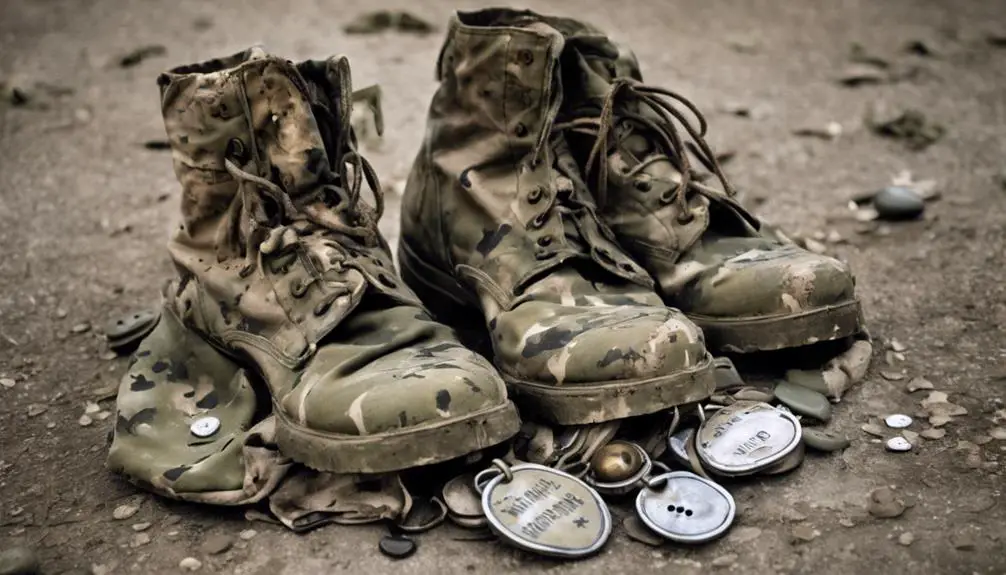When you hear "dressed down" in a military context, it's not about relaxing the dress code. Instead, it's a severe reprimand or scolding for mistakes or misconduct. You're verbally corrected, and it can be embarrassing and humiliating. The goal is to teach you a lesson about the consequences of your actions. It's not just about criticism, but about improving performance and behavior. Being dressed down can have serious consequences, from damaged reputation to career stagnation. But what does it say about the superior who's doing the dressing down? You'll find out more about the complexities of this military slang as you explore its purposes and implications.
Origins of Dressed Down Slang
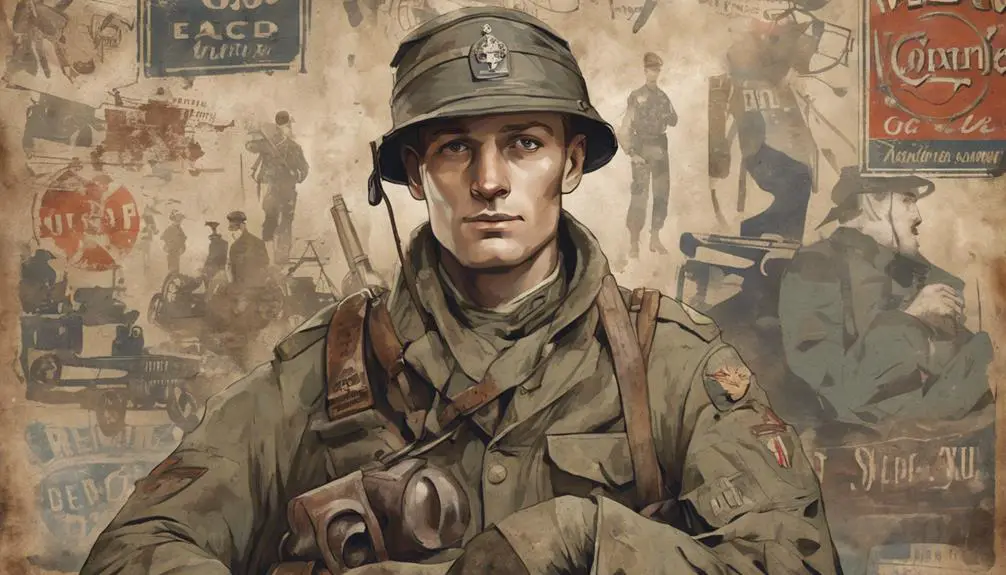
You've likely wondered where the term 'dressed down' originated, and the answer lies in the 19th-century British military.
The etymological roots of this phrase can be traced back to the era of strict military protocol. In those days, being 'dressed up' meant wearing full military regalia, complete with medals, badges, and other ceremonial attire. Conversely, being 'dressed down' meant shedding the formal attire and donning less formal, workaday uniforms.
Historical context plays a significant role in understanding the origins of this phrase. During the 19th century, British military personnel were required to wear their finest attire for formal events and ceremonies. However, when it came to everyday duties, they'd 'dress down' into more practical and comfortable clothing.
This distinction between formal and informal attire gave rise to the phrase 'dressed down,' which eventually evolved to encompass a broader meaning beyond military contexts.
What It Means to Be Dressed Down
Today, when someone says you're being 'dressed down,' it means you're being severely reprimanded or scolded, often in a public or formal setting. You're not literally being stripped of your clothes, but rather, you're receiving a verbal lashing that's meant to correct your mistakes or misconduct.
This formal reprimand can be embarrassing and humiliating, especially if it's done in front of your peers or superiors.
You might be wondering what you did to deserve such a dressing-down. Perhaps you failed to follow protocol, neglected your duties, or made a critical mistake. Whatever the reason, being dressed down is an unpleasant experience that's meant to teach you a lesson.
It's a wake-up call, a warning that your actions have consequences, and that you need to shape up and improve your performance.
Consequences of Being Dressed Down
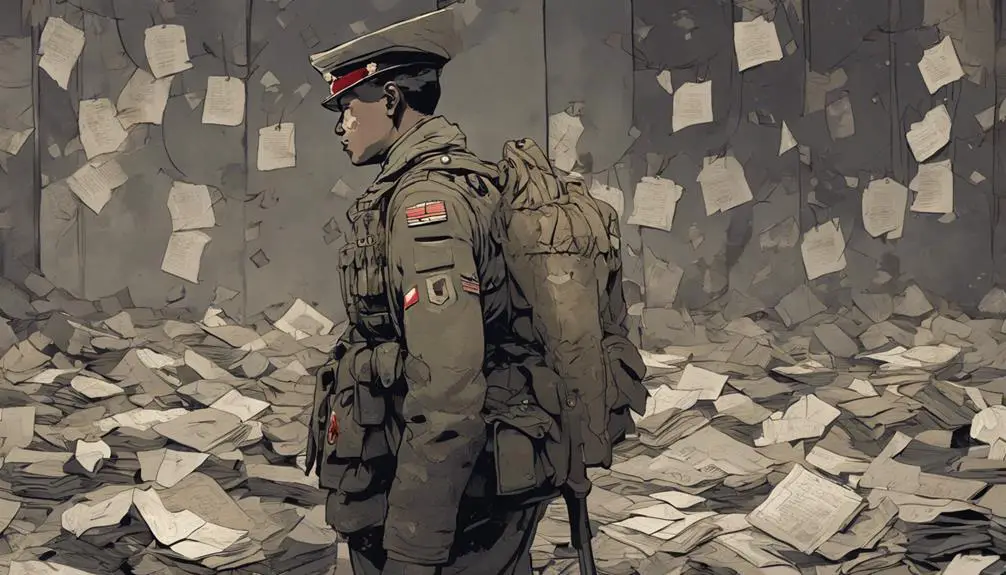
Being dressed down can lead to a range of consequences, from a damaged reputation to a loss of privileges, all of which are designed to correct your behavior and get you back on track. You may face emotional fallout, including feelings of embarrassment, shame, and anxiety. These emotions can affect your personal and professional relationships, making it harder to work with your team or even interact with your colleagues.
These consequences are meant to be corrective, but they can have a lasting impact on your military career. It's essential to learn from your mistakes and take corrective action to get back on track. Remember, being dressed down isn't the end of your career, but it can be a significant setback if you don't take steps to rectify the situation.
In addition to emotional fallout, being dressed down can also lead to career stagnation. You may:
- Lose opportunities for promotion or special assignments.
- Be removed from leadership positions or high-visibility roles.
- Face increased scrutiny, making it harder to advance in your career.
When Superiors Dress Down Subordinates
When a superior dresses you down, it's often a vital experience that can leave you feeling embarrassed, anxious, or even defensive. As a subordinate, being on the receiving end of a dressing down can be uncomfortable, to say the least.
| Leadership Flaws | Power Dynamics |
|---|---|
| Lack of emotional intelligence | Superior's need for control |
| Ineffective communication | Fear and intimidation tactics |
| Inability to handle conflict | Disregard for subordinate's feelings |
In such situations, it's important to remember that a superior's behavior is often a reflection of their own leadership flaws. When a superior dresses you down, it may be a sign of their inability to manage their emotions, communicate effectively, or handle conflict in a constructive manner. This behavior can be a result of their need for control and power, rather than a genuine attempt to correct or improve your performance. As a subordinate, it's crucial to maintain your composure, focus on the issue at hand, and try to learn from the experience.
The Purpose of Dressing Down
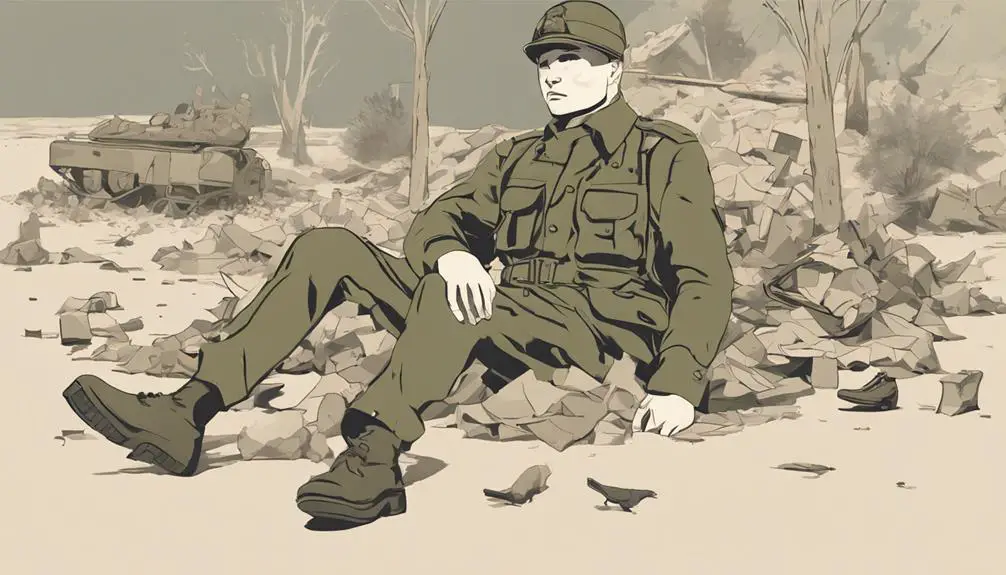
Dressing down, a tactic often employed by superiors, serves a purpose that goes beyond mere criticism or belittling, and you should understand its underlying objectives. It's not just about yelling or making someone feel small; there's a method to the madness.
When a superior dresses you down, they're trying to instill a sense of accountability within you. This can manifest in various ways, including:
- Uniform Accountability: Ensuring you adhere to the military's strict dress code and uniform regulations.
- Respect Enforcement: Teaching you to respect authority, protocol, and the chain of command.
- Corrective Action: Identifying and correcting mistakes or subpar performance to improve overall unit effectiveness.
Impact on Military Morale
Getting dressed down can have a profound impact on your morale, potentially affecting your confidence, motivation, and overall job satisfaction. It can make you feel undervalued and unappreciated, leading to decreased morale and a negative attitude towards your role. This, in turn, can affect your performance and relationships with your colleagues, ultimately impacting unit cohesion.
| Aspect | Impact of Dress Down | Effect on Morale |
|---|---|---|
| Confidence | Decreased confidence in abilities | Lower morale |
| Motivation | Reduced motivation to perform duties | Demotivated team |
| Job Satisfaction | Decreased job satisfaction and engagement | Decreased productivity |
| Unit Cohesion | Strained relationships with colleagues | Negative team dynamics |
| Morale Boost | Lack of recognition and appreciation | Low morale and dissatisfaction |
To maintain unit cohesion and boost morale, it's essential to address the impact of getting dressed down. Focus on recognition and appreciation, and provide opportunities for growth and development. By doing so, you can create a positive and supportive work environment that fosters morale and motivation.
Avoiding a Dress Down Situation
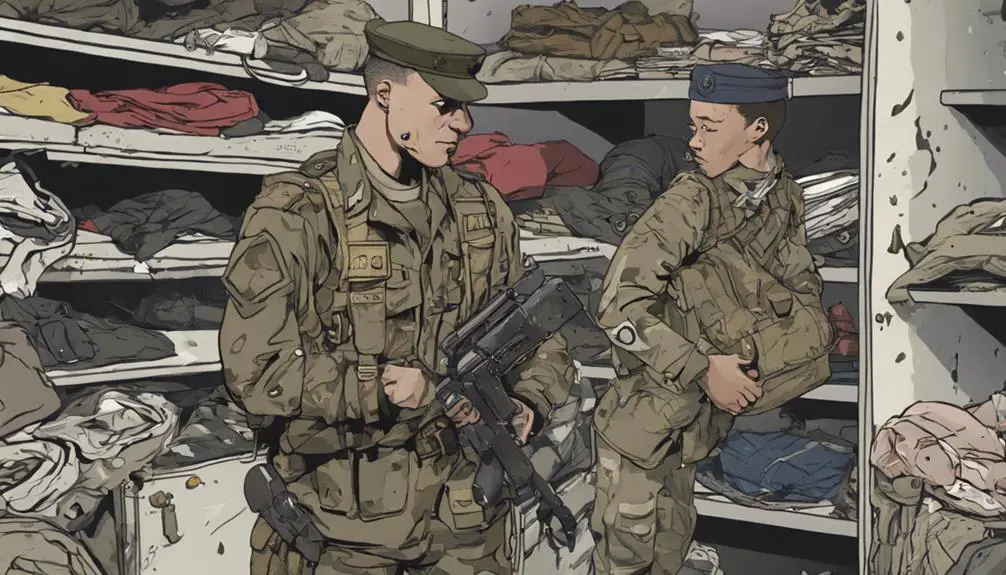
Being proactive and anticipating potential issues is crucial in order to avoid getting dressed down in the first place. This involves staying on top of your tasks, meeting deadlines, and communicating effectively with your team. It's vital to identify potential problems before they escalate into major issues.
Proactive behavior is key to conflict resolution. By addressing minor issues promptly, you can prevent them from blowing up into bigger problems.
Here are some ways to avoid getting dressed down:
- Stay organized: Keep track of your tasks and deadlines to avoid last-minute scrambles.
- Communicate effectively: Clearly articulate your concerns and needs to avoid misunderstandings.
- Be proactive in resolving conflicts: Address issues promptly, and work towards finding a resolution before they escalate.
Frequently Asked Questions
Can a Soldier Be Dressed Down for a Minor Infraction?
You're wondering if a soldier can be 'dressed down' for a minor infraction. The answer depends on leadership styles and infraction severity.
In some units, officers may use discretion to address minor issues with a verbal warning. However, if the infraction sparks a chain reaction, affecting unit morale, a more formal reprimand may be necessary.
Ultimately, it's up to the officer to decide whether a dressing down is warranted, considering the specific circumstances and the impact on the unit as a whole.
Is Being Dressed Down the Same as Being Written Up?
You're probably thinking that getting dressed down is the same as getting written up, but trust us, they're not identical twins.
When you're dressed down, you're on the receiving end of a verbal reprimand, often in front of your peers, which can be a form of public humiliation. It's like being called out in front of the whole squad for your mistakes.
On the other hand, getting written up means you're getting a formal, documented warning, which can lead to more serious consequences.
Can a Fellow Soldier Give a Dress Down to Another Soldier?
Can a fellow soldier give a dress-down to another soldier? Typically, no. In the military, a dress-down is a formal reprimand, usually from a superior to a subordinate.
You need to understand the chain of command and rank structure to see why this is the case. As a fellow soldier, you don't have the authority to give a dress-down to another soldier. That's a job for a superior officer or NCO, not a peer.
Can a Dress Down Be Appealed or Overturned?
You're wondering if a dress down can be appealed or overturned.
Here's the deal: yes, it's possible. If you receive a dress down, you can initiate an administrative review through your chain of command.
This review will assess whether the dress down was justified and fairly issued. If the review finds in your favor, the dress down may be overturned or reduced.
Does Being Dressed Down Affect Future Promotions?
You're wondering if being dressed down will impact your future promotions. The answer is, it can.
A dress down can have career implications, potentially affecting your promotion chances. While it's not an automatic disqualifier, it can raise concerns about your performance or behavior, making it harder to climb the ranks.
However, if you learn from the experience and show improvement, you can still recover and get back on track.
Conclusion
You've now grasped the concept of being 'dressed down' in a military context.
Remember the story of Lt. John, who failed to follow procedure during a training exercise? His commander publicly reprimanded him in front of his peers, making an example out of him.
The experience was humiliating, but it drove the point home: attention to detail is essential in the military.
Don't let complacency creep in – stay vigilant and avoid a dress-down situation like Lt. John's.

